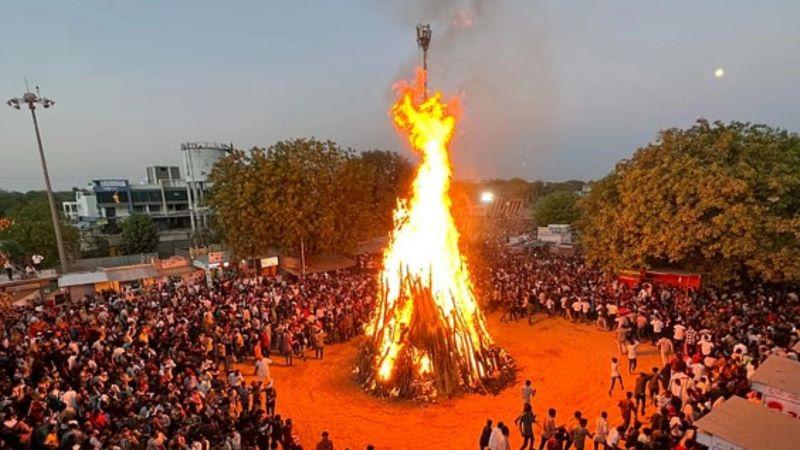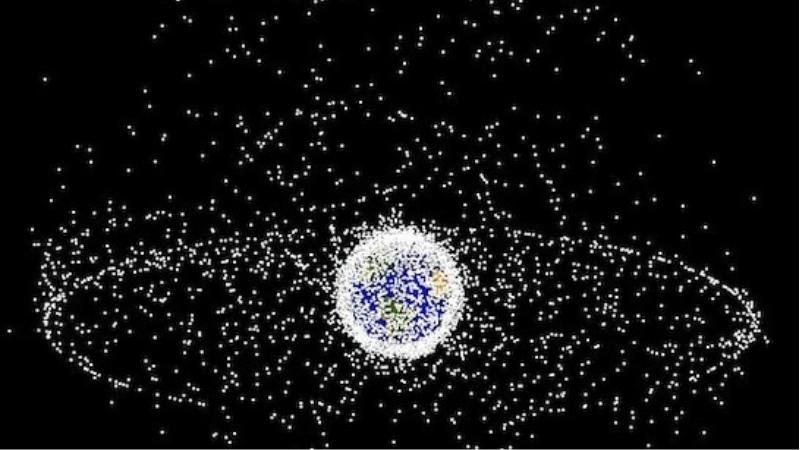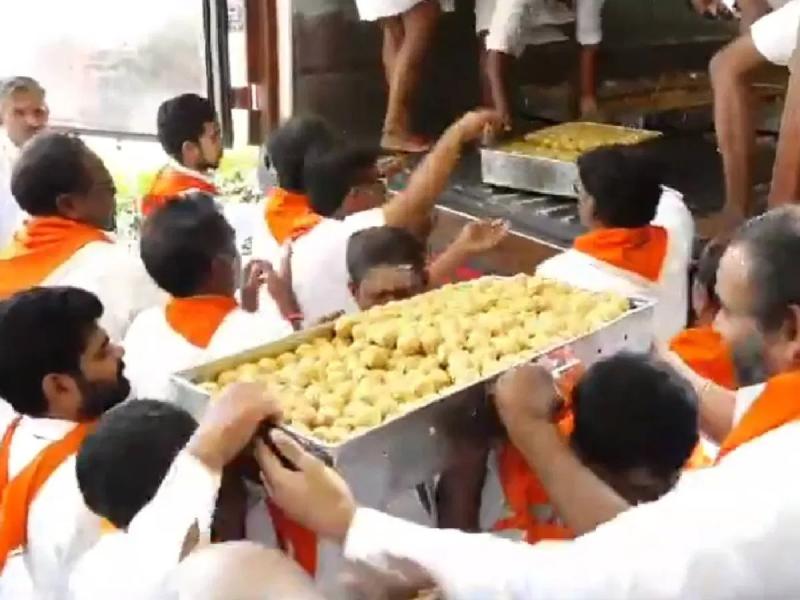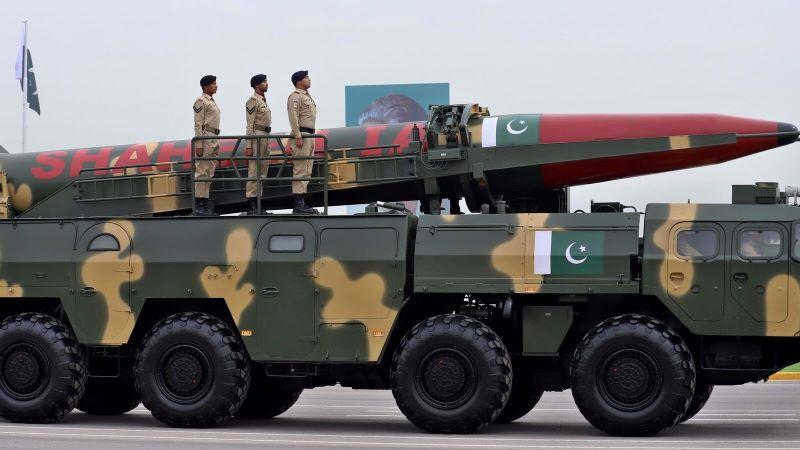
Holika Dahan, also known as Holika Deepak or Chhoti Holi, is a revered Hindu festival celebrated on the eve of Holi. The festival signifies the victory of good over evil, symbolized by the burning of an effigy representing the mythical demoness Holika. It is observed on the full moon night of the Phalgun month as per the Hindu calendar. This year, Holika Dahan falls on Thursday, March 13, 2025, with the auspicious Holika Dahan Muhurta scheduled between 11:26 PM and 12:31 AM (March 14).
The Legend of Holika Dahan
The origins of Holika Dahan are deeply rooted in Hindu mythology, particularly in the tale of Prahlada and Holika. Prahlada, a young devotee of Lord Vishnu, refused to worship his father, the powerful demon king Hiranyakashipu. This angered the king, who sought to kill Prahlada for his unwavering devotion. Hiranyakashipu’s sister Holika possessed a divine shawl that rendered her immune to fire. Conspiring to end Prahlada's life, Holika tricked him into sitting with her on a pyre. As the flames rose, the shawl unexpectedly flew off Holika and covered Prahlada instead. Holika was consumed by the fire while Prahlada remained unharmed, protected by Lord Vishnu’s divine intervention. This remarkable event symbolizes the ultimate triumph of faith, virtue, and righteousness over malevolence.
Significance of Holika Dahan
Holika Dahan holds immense cultural and spiritual significance. The ritual underscores the enduring belief that goodness will always prevail over evil. The story of Prahlada’s unwavering devotion serves as an inspiring reminder of steadfast faith even in the face of adversity. The festival is also celebrated as a way to mark the arrival of spring, ushering in renewal and fresh beginnings. As families and communities gather to participate in Holika Dahan rituals, it fosters social bonding, strengthens relationships, and promotes unity. The festival reinforces the values of dedication, harmony, and virtue that are integral to Indian culture. In agricultural communities, Holika Dahan is also linked to the harvest season. Farmers offer newly harvested crops into the sacred fire as a gesture of gratitude and to seek divine blessings for a prosperous season ahead.
Rituals of Holika Dahan
The ceremonial bonfire is the central highlight of Holika Dahan. Devotees prepare for the ritual by gathering wood, dried leaves, and other combustible materials to build the pyre. In some regions, an effigy symbolizing Holika is placed atop the pile. As night falls and the auspicious Muhurta arrives, families gather around the bonfire to begin the ceremony. Devotees chant sacred mantras to invoke positive energy and protection against evil forces. Circumambulating the fire three, five, or seven times is a significant part of the ritual. Participants carry vessels filled with water while walking around the flames and empty them after the final round, signifying purification and spiritual cleansing.
Following the ritual, ashes from the Holika Dahan fire are collected and believed to possess protective and auspicious properties. Some devotees apply the ash to their foreheads to ward off negativity and bring prosperity. In many regions, families prepare roasted seasonal crops like wheat, barley, or gram during Holika Dahan. These roasted crops are shared among family members as Prasad, symbolizing nourishment and blessings from the divine.
Holika Dahan Across India
Holika Dahan celebrations vary across different parts of India. In North India, especially in Uttar Pradesh, Rajasthan, and Punjab, large community gatherings are held, where families collectively perform the bonfire rituals. In Maharashtra and Gujarat, the festival blends traditional customs with regional folklore. In South India, Holika Dahan rituals may be less elaborate but still hold immense cultural value. Devotees light small fires outside their homes, symbolizing the destruction of negativity and evil forces.
Precautions During Holika Dahan
While Holika Dahan is a joyful celebration, certain precautions should be taken to ensure safety:
- Fire Safety: Organize the bonfire in an open area away from flammable materials or buildings.
- Children’s Safety: Children should be supervised during the ritual to avoid accidents.
- Eco-Friendly Practices: Use biodegradable materials for the bonfire to reduce environmental impact.
- Respect Local Customs: Different regions have unique traditions; respecting these practices enhances the cultural experience.
Holika Dahan and Its Modern Relevance
In modern times, Holika Dahan continues to serve as a powerful reminder of the strength of truth and righteousness. The festival’s message of defeating evil with unwavering devotion and virtue remains timeless. It encourages individuals to reflect on their own values, fostering a sense of spiritual renewal as they prepare for the vibrant festivities of Holi. As Holika Dahan 2025 approaches, families and communities across India and among the Indian diaspora worldwide will gather to celebrate this ancient tradition. The sacred flames will once again symbolize the enduring power of good triumphing over evil, spreading warmth, positivity, and joy. Holika Dahan stands as a beautiful cultural reminder that no matter how strong negativity appears, faith, virtue, and righteousness will always prevail. With its deep-rooted traditions, uplifting message, and unifying spirit, Holika Dahan continues to inspire millions as they prepare to celebrate Holi with color, joy, and community togetherness.












































